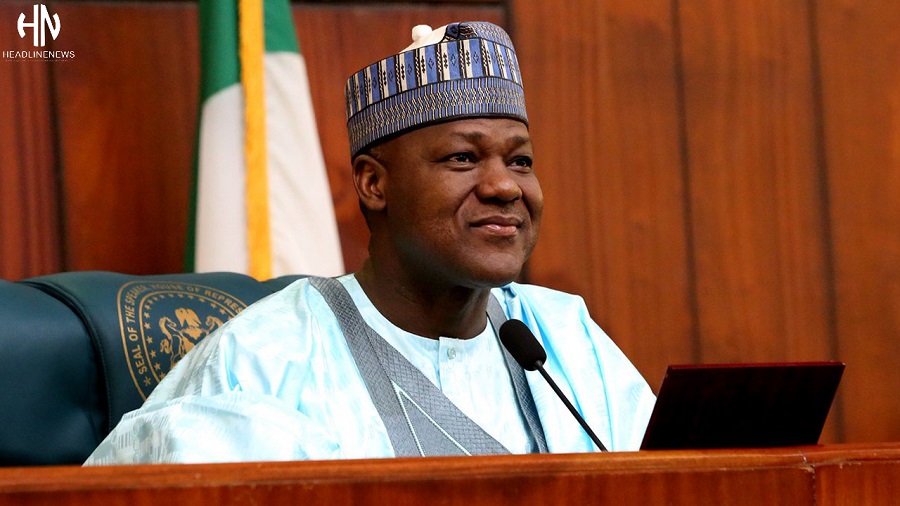Former Speaker of the House of Representatives, Rt. Hon. Yakubu Dogara, is facing growing public outrage and political backlash following his recent appointment as Chairman of the of the National Credit Guarantee Company Ltd (NCGC) by President Bola Ahmed Tinubu’s administration.
The controversy stems from Dogara’s previous strong opposition to the All Progressives Congress (APC)’s Muslim-Muslim presidential ticket—comprised of President Tinubu and Vice President Kashim Shettima—which he had vocally criticized in the lead-up to the 2023 general elections.

Dogara, a Christian from Bauchi State, was one of the most prominent northern voices within the APC who condemned the party’s decision to field two Muslim candidates for the presidency and vice presidency, arguing that it disregarded Nigeria’s religious diversity and threatened national cohesion. At the time, he publicly withdrew his support for the APC ticket and aligned himself with groups and political stakeholders advocating for religious balance in national leadership.
However, his recent acceptance of a federal appointment under the same administration has sparked widespread accusations of hypocrisy, opportunism, and political inconsistency.
Critics say Dogara has betrayed the moral high ground he once claimed, with many questioning whether his initial opposition was ever rooted in principle or simply a strategic political stance.

Prominent civil society voices and commentators have expressed disappointment over the move. “It’s a shameful U-turn,” said one political analyst. “Dogara was among the loudest in opposing the Muslim-Muslim ticket, insisting it was unjust and dangerous. Now he’s dining at the same table he once rejected. It raises serious questions about his credibility and integrity.”
On social media, Nigerians have not held back. The hashtags #Dogara and #MuslimMuslimGov trended on X (formerly Twitter), with thousands of posts condemning his acceptance of the appointment. Some users shared past videos and statements of Dogara denouncing the Tinubu-Shettima ticket, contrasting them with news of his new role in the administration.
“He sold himself as a man of conscience and conviction. Today, that image lies in ruins,” wrote one user. Another posted: “Dogara’s move proves that in Nigerian politics, there are no permanent principles, just permanent interests.”

Despite the criticism, some voices have attempted to defend Dogara, suggesting that his appointment to a non-political, economic institution like the NCGC might not contradict his earlier stance. They argue that the National Credit Guarantee Company plays a critical role in supporting small and medium enterprises (SMEs) and boosting access to credit in the Nigerian economy, and that Dogara’s experience in governance may help advance that cause.
However, many Nigerians remain unconvinced, insisting that leadership is about consistency and moral clarity—both of which, they argue, Dogara has now compromised.

As the controversy unfolds, Dogara has yet to issue a public statement addressing the backlash or clarifying his position. Observers say how he responds in the coming days may determine whether he can restore any measure of trust among his former supporters, or if he will be permanently branded another politician who speaks one thing and does another.




